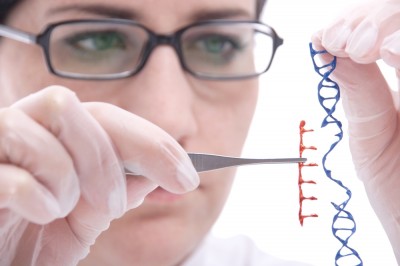
In the clinical trial, BG-12 cut MS relapse rates by up to 30 percent. BG-12 has long been used in Europe to treat psoriasis, a chronic skin condition. Brain lesions were reduced by a staggering 70 to 90 percent.
“That is a very robust reduction in relapses,” said Dr. Robert Fox, a principal investigator of one of the studies. “It’s not a cure. None of our therapies is a cure for MS at this point. But it appears to be a greater reduction than what we see with injectable therapies, which (offer) roughly a 30 per cent reduction in the annualized relapse rate.”
The majority of multiple sclerosis patients experience alternating periods of relapse and recovery. If approved for use in patients, BG-12 is expected to significantly increase recovery periods and reduce the frequency and severity of relapses.
Approximately 75,000 Canadians are afflicted with MS, one of the highest rates in the world.
Source: CTV



